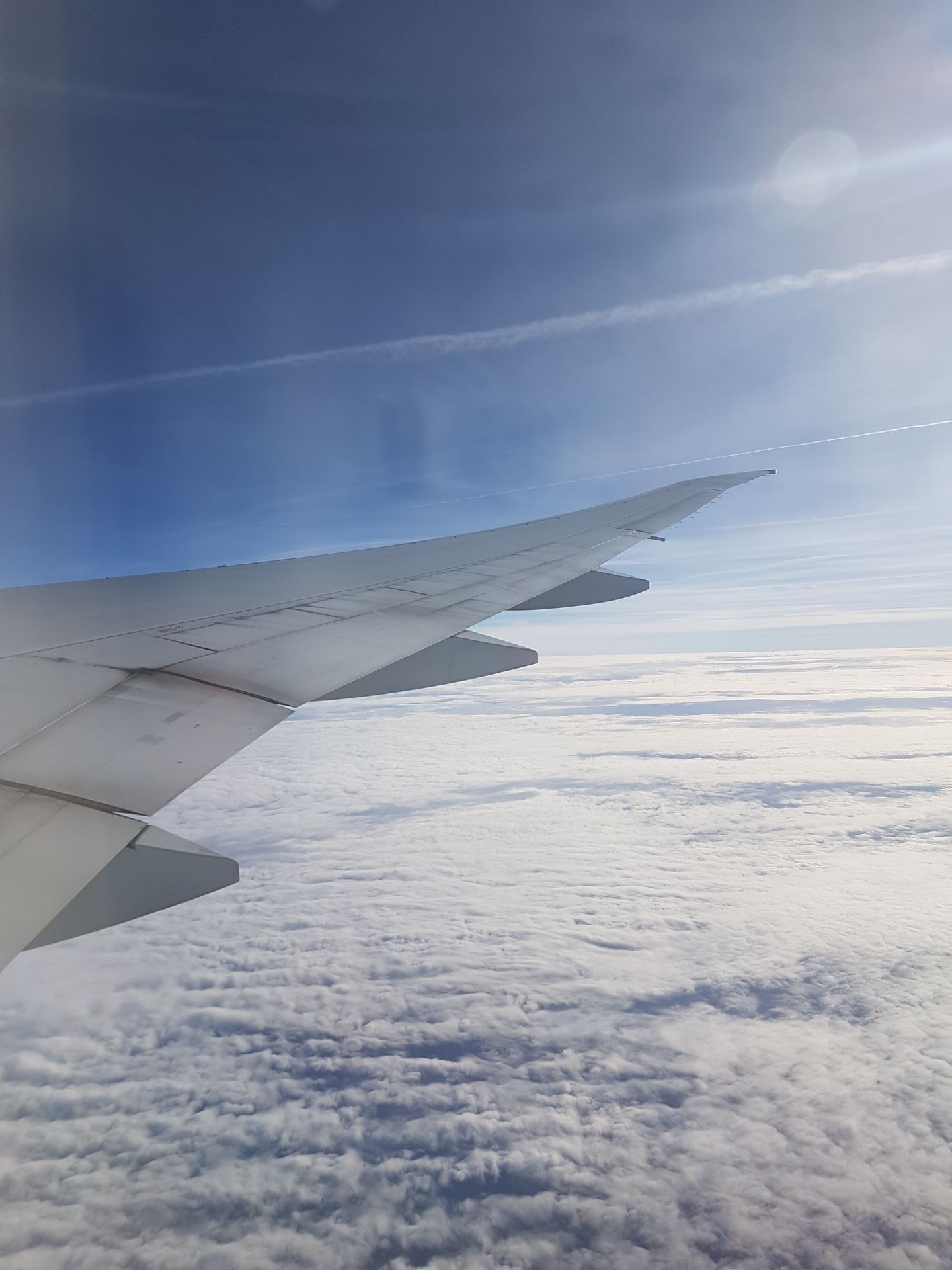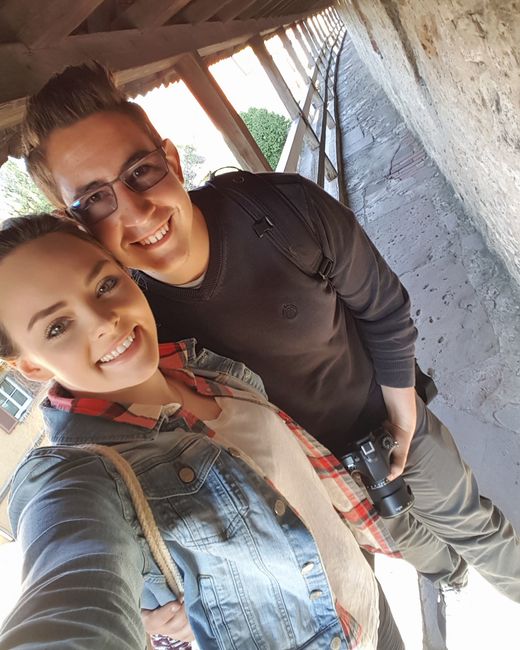20/01/2018 - Christchurch and its earthquakes
已發表: 12.02.2018
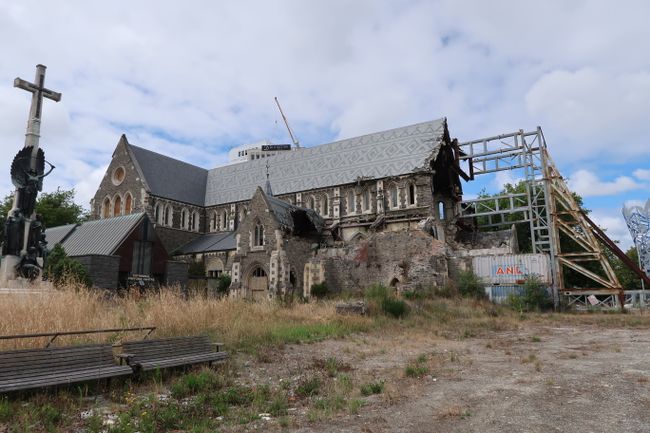
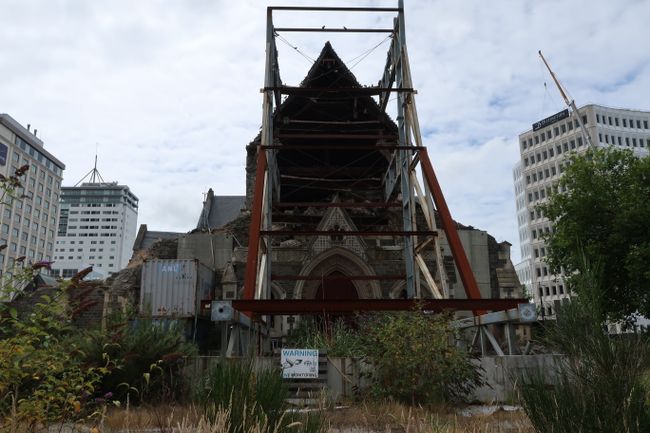
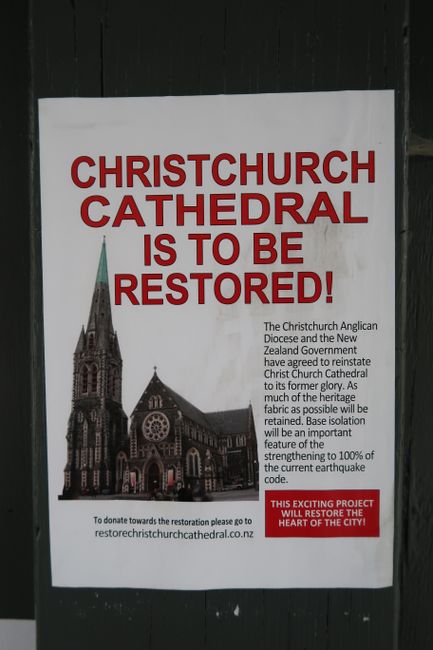
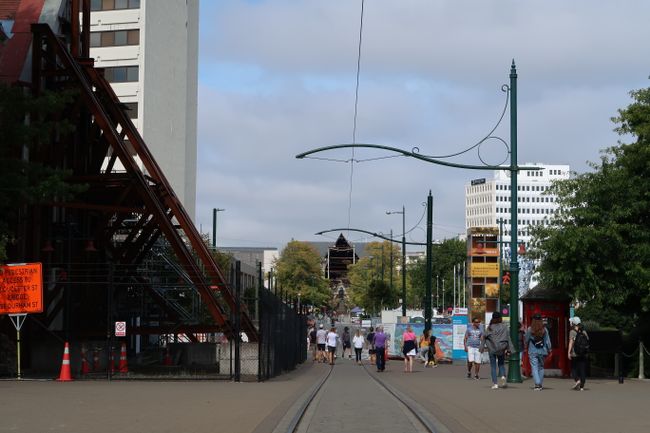
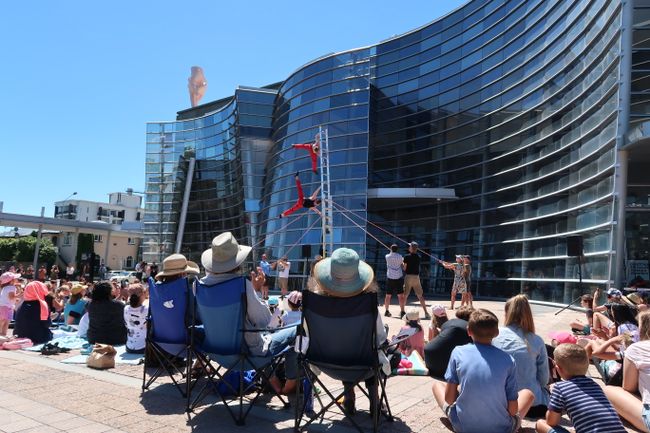
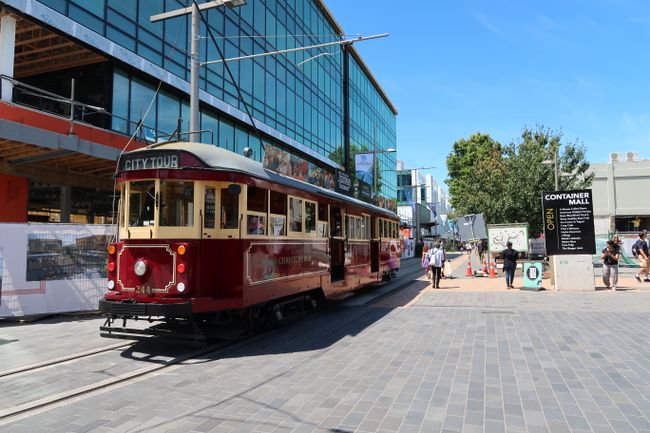
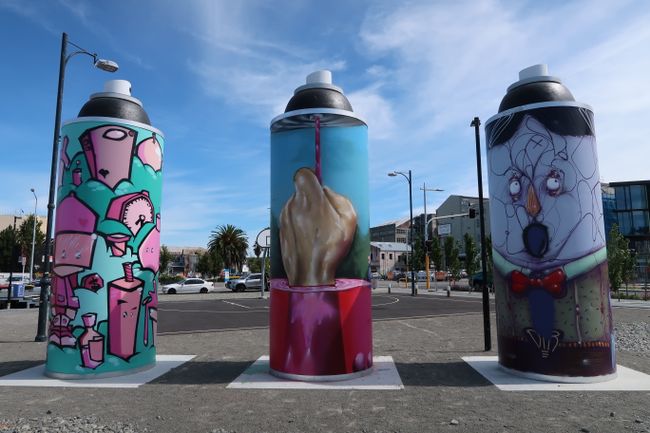
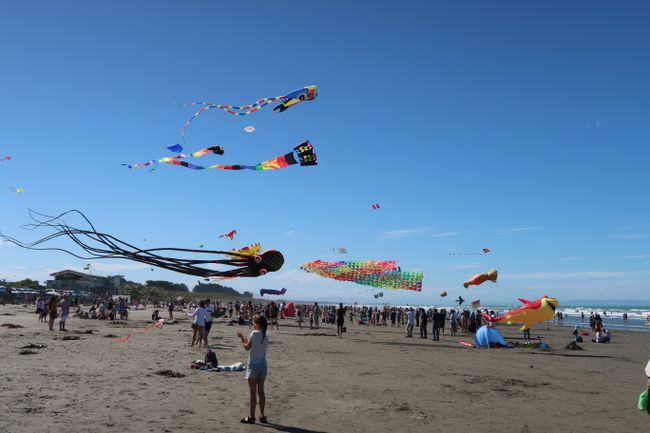
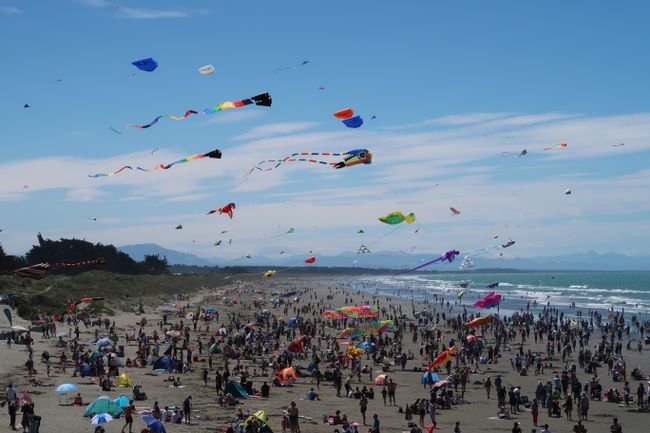
訂閱時事通訊
Kia Ora from South New Brighton. Kia Ora from the largest city on the South Island - Christchurch. Our campsite is located just outside the city center. It takes just a few minutes to reach the sea on foot, as the district is located on a small peninsula. Yesterday we went into the city of Christchurch. It took about 20 minutes to drive into the city center. The search for parking was a bit difficult, as the city center is littered with construction sites - and unfortunately not without reason.
Christchurch has a very tragic past. Due to its unfavorable location on several tectonic plates, the city is repeatedly hit by earthquakes.
It began with the "Darfield Quake" in 2010. The earthquake had a magnitude of 7.1 and the epicenter was 40km west of Christchurch, in Darfield. It occurred around 04:35 local time. It caused such severe damage to houses and buildings that it is considered the most expensive earthquake in New Zealand. Fortunately, there were no casualties as the earthquake occurred in the early morning hours. Since this earthquake, the region has been shaken by smaller aftershocks. The next consequential earthquake occurred on February 22, 2011 at 12:51 local time. This time the epicenter was in Lyttelton, just 10km southeast of the city center. The earthquake originated only 5km below the surface and happened during lunchtime. Many people were in the city when the 6.3 magnitude earthquake struck. 185 people (from 20 nations) lost their lives. There were more than 5,900 injured and the damage to the city was enormous. The most English city in New Zealand was unrecognizable - to this day.
We found a parking space near the "Christchurch Cathedral". Right at the beginning, we were confronted with the consequences of the earthquake. The bell tower collapsed during the earthquake in 2011 and destroyed a large part of the church. For years, it was uncertain whether the church would be completely demolished or rebuilt. The citizens prevailed and construction work on the city's landmark will start soon.
We continued along the main street and saw construction sites on both sides. We also discovered vacant houses that are slated to be demolished soon. An alarming cityscape that we have seen so far in Christchurch. But the city is alive, shows bravery and perseverance, and does not let itself be beaten by the traumatic events. At the "Christchurch Art Gallery" we made a longer stop, as many people gathered in front of the entrance. They watched a show by an artist. We joined them and learned that the "World Buskers Festival" will be in the city next week. International street performers showcase their shows on five different stages and squares. The visit is free - the artists politely ask for small donations after their performance. We watched the two Americans and their "Red Trouser Show". It was a mixture of comedy, gymnastics, and acrobatics. They constantly involved the audience and it was great fun to watch them! After the show, we continued our city tour and happened to pass by the next stage. After watching the Canadian "Quatuor Stomp" during their show, we went to the botanical garden. The sun beat down on us, so we were glad to have found a shady spot for our apple break for a few minutes.
When we left the garden and headed towards the city center again, we passed an improvised shopping center. Traders and restaurateurs sell their products from shipping containers.
Then we went to an area of the city that had already been rebuilt. Because that's what we saw in Christchurch - in addition to all the construction sites and ruins, there are already new, modern, and innovative buildings.
At the end of the day, we visited two monuments that commemorate the victims of the earthquake. One of them was particularly impressive. 185 white-painted chairs stood in rows. Each chair commemorates a deceased. 185 individual chairs - from bar stools or wheelchairs to a baby carrier and a stroller, the various chairs were there - it's disturbing. We had to let what we saw and the impressions sink in for a while.
By visiting the monuments, you get a whole new view of the city. We increasingly got a sense of the extent to which the earthquake affected Christchurch and its residents.
20th January 2018, 00:30. Tobi woke up and shook me forcefully: "Can you feel that?! The earth is vibrating!". The shock was deep. Everything under us and the car vibrated for ten seconds. We needed a moment to understand the situation. But we were quickly sure - so this is what an earthquake feels like. Alongside the excitement, fear quickly set in. "Is that it? Is this just the beginning? Did the other campers notice it too?". We lay restless in bed for a long time until we eventually fell asleep again. In the early morning, we checked the news and indeed, the newspapers reported on the earthquake. We visited a website where all the earthquakes in the Christchurch region are recorded. The earthquake had a magnitude of only 4.0. However, it occurred only four kilometers below the Earth's surface, which is why it could be felt at all. At the breakfast table, we overheard conversations among other campers about the night's event.Since then, we have regularly visited the website to monitor the underground activities.
For today, Saturday, a visit to the library was the first item on the agenda. After a new blog went online successfully and the weather outside was getting better and better, we couldn't stand being in the library any longer. We strolled through a small weekly market in New Brighton and then went to the beach. Because a "Kite Day" was announced for today. Already from the library, we saw various large kites floating in the sky. Over time, there were more and more - from small "standard kites" to larger specimens, everything was there. Some kites needed up to five strings to be stably in the air. It offered a great sight. From an elevated pier, we saw that it was getting really crowded. We hadn't seen so many New Zealanders on a beach before.
We bought an ice cream from the nearby supermarket and enjoyed a beautiful summer day at the beach.
But in the evening, we lay down in the car with a strange feeling in our stomachs. Will there be another earthquake tonight?
訂閱時事通訊
回答 (1)
Wolfgang
....und es gab zum Glück keine weitere Erdbeben mehr! LG
旅遊報告新西蘭
